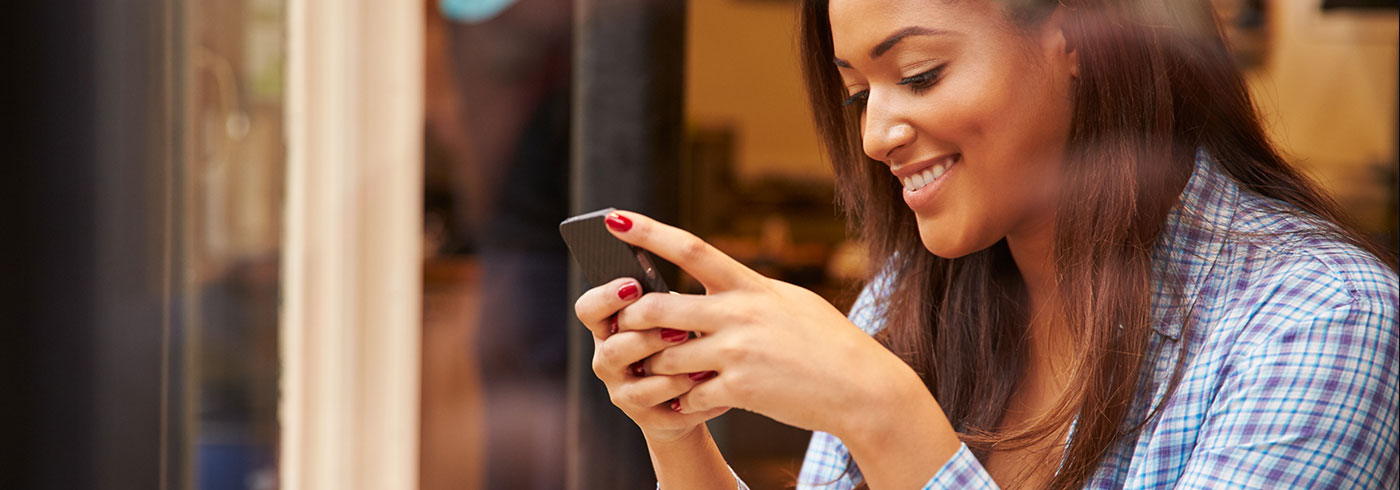Geofencing is a location-based advertising technology that allows us to advertise to custom audiences. In a geofencing campaign, we can choose specific addresses and draw a virtual box around them to catch the devices that are in that location. Once a device has entered a geofenced location we can begin to serve ads to them and can for up to 30 days after they have entered a geofence.
It is important to remember that not all devices in a geofence will be picked up. Depending on the location settings on specific apps and devices, we may not be able to track locations. Additionally, ads may not show up because the apps or websites being used don’t support ads, other advertisers have outbid us, or the customer doesn’t have a history of clicking on ads. These are just a few of the many reasons why ads may not show up for specific users even if they have been in a geofenced location.
Conversion zones are also added to geofencing campaigns. A conversion zone is a virtual box that is drawn around your advertiser’s physical location. In addition to the standard metrics like clicks, impressions, and click-through rates, this allows us to track visits to this conversion zone. This means we can see the number of users who saw the ads and later showed up at the physical location.
Which advertisers are a good fit for geofencing?
- Retail Stores: Clients that have a physical store where they sell products are a great fit for geofencing. Once ads are served up, we are able to see how many customers actually came to the physical store location. A few examples could be clothing or shoe stores, furniture stores, or home decor/supply stores.
- Car Dealerships: Similar to retail stores, car dealerships are a great fit for geofencing. Oftentimes car shoppers will visit several dealerships before making a purchase. Why not target shoppers already in the market for a car
- Entertainment: Concert venues, sports arenas, casinos and other entertainment locations are great places to reach customers who are already interested in spending money on entertainment. These people may also attend future events.
- Restaurants: We can geofence other restaurants to keep your advertiser top of mind for customers who are already spending money on eating out.

How do I pick which locations to geofence?
When picking locations to draw geofences around it’s important to consider the goals of your advertiser. Do they want to gain new customers, pull customers from a direct competitor, or get the word out about their business in a new location? It’s also important to consider who they are hoping to reach. Do they want to advertise to local people or reach people traveling through their location? Picking quality geofences is an important piece to running a successful campaign for your client!
Key selling points to geofence campaigns:
- Reach customers at your advertiser’s direct competitors
- Get their ads in front of customers already in the market for the products or services they offer
- Advertise to customers up to 30 days after they have entered a chosen geofence
- Track in-person visits to your advertiser’s location with detailed monthly reports
Do you have other questions regarding geofencing or the best strategy for your advertiser? Contact your digital strategist today. We are happy to help create a strong strategy!